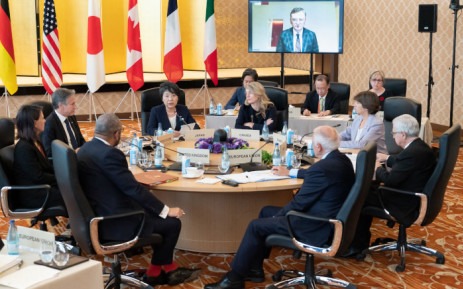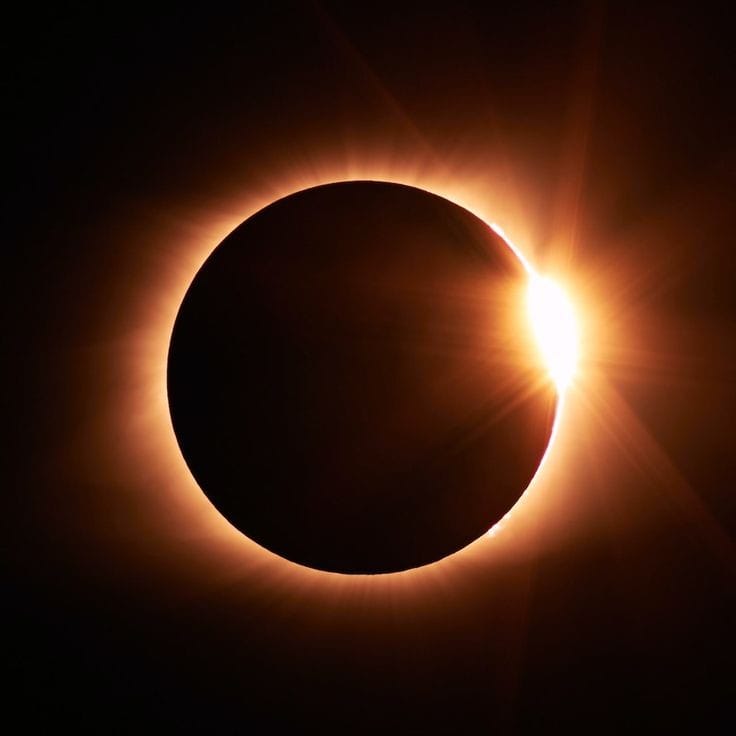The G7 foreign ministers, in a recent joint statement following their meeting in Japan, articulated their stance on two pressing global issues: the ongoing Hamas-Israel conflict and the prolonged crisis in Ukraine. While addressing the need for humanitarian support in Gaza and acknowledging Israel’s right to self-defense, they also reaffirmed their steadfast commitment to Ukraine’s independence and territorial integrity. The ministers further called on China to play a constructive role in resolving the Ukraine crisis, underscoring the importance of global unity in addressing these critical challenges.
- Hamas-Israel Conflict and Humanitarian Support
The G7 foreign ministers expressed their deep concern about the deteriorating humanitarian situation in Gaza due to the relentless Israeli bombardment since October 7, following an attack by Hamas militants that resulted in casualties, including many civilians. The ministers recognized the urgent need for action to address the humanitarian crisis. In their joint statement, they voiced their support for “humanitarian pauses and corridors” that would facilitate the delivery of essential assistance, the movement of civilians, and the release of hostages in Gaza.
It’s essential to note that while the G7 ministers called for humanitarian support, they did not explicitly call for a ceasefire in the Hamas-Israel conflict. Instead, they emphasized Israel’s right to defend itself in accordance with international law, underlining the aim of preventing a recurrence of attacks by Hamas.
- Israel’s Stance and Expectations
Israeli Prime Minister Benjamin Netanyahu set forth Israel’s conditions for a ceasefire and post-conflict arrangements. He asserted that fuel deliveries to Gaza and a ceasefire hinged on the release of over 240 hostages held by Hamas. Additionally, he mentioned Israel’s intention to assume “overall security” in Gaza after the conflict ends, although he did acknowledge the possibility of “tactical pauses” to facilitate hostage release and aid delivery.
However, it’s worth noting that Washington expressed opposition to a long-term occupation of Gaza by Israel, signaling potential differences in perspectives among the G7 nations regarding the conflict’s resolution.
- Call on Iran and Regional Stability
The G7 ministers called on Iran to refrain from providing support to Hamas and to avoid actions that could further destabilize the Middle East. This call included discouraging support for non-state actors like Lebanese Hezbollah. They also urged Iran to use its influence with these groups to help de-escalate regional tensions.
- Ukraine Crisis and Unwavering Support
The G7 foreign ministers demonstrated their unwavering commitment to Ukraine’s fight for independence, sovereignty, and territorial integrity. As the Ukraine crisis enters its third year, the ministers emphasized that their support for Ukraine remains resolute. Ukrainian Foreign Minister Dmytro Kuleba joined the meeting by video conference, highlighting the importance of international unity in backing Ukraine during these challenging times.
President Volodymyr Zelensky of Ukraine has regularly engaged with Western leaders to prevent fatigue over the ongoing conflict. The G7 nations are acutely aware of the need to sustain their support as Ukraine braces for a second winter of potential Russian attacks on energy facilities. These strikes have previously left thousands without heating or electricity during freezing temperatures, underscoring the urgent need for continued international assistance.
- Appeal to China and the Peace Process
In their statement, the G7 ministers made a significant call to China. They urged China not to assist Russia in its war against Ukraine and to press Russia to cease its military aggression. The G7 nations expressed their desire for China to support a just and lasting peace in Ukraine. Simultaneously, they welcomed China’s participation in the Ukraine-led peace process, highlighting the importance of all major global players working together to resolve the conflict.
The G7 foreign ministers’ recent joint statement reflects their collective stance on the Hamas-Israel conflict and the Ukraine crisis. While addressing the humanitarian crisis in Gaza and recognizing Israel’s right to self-defense, they also reinforced their unwavering support for Ukraine’s sovereignty. Moreover, the ministers urged China to play a constructive role in resolving the Ukraine crisis, emphasizing the need for global unity in tackling these critical global challenges. As these conflicts persist, international cooperation and diplomatic efforts remain paramount in ensuring peace, stability, and the well-being of affected populations in both regions.









